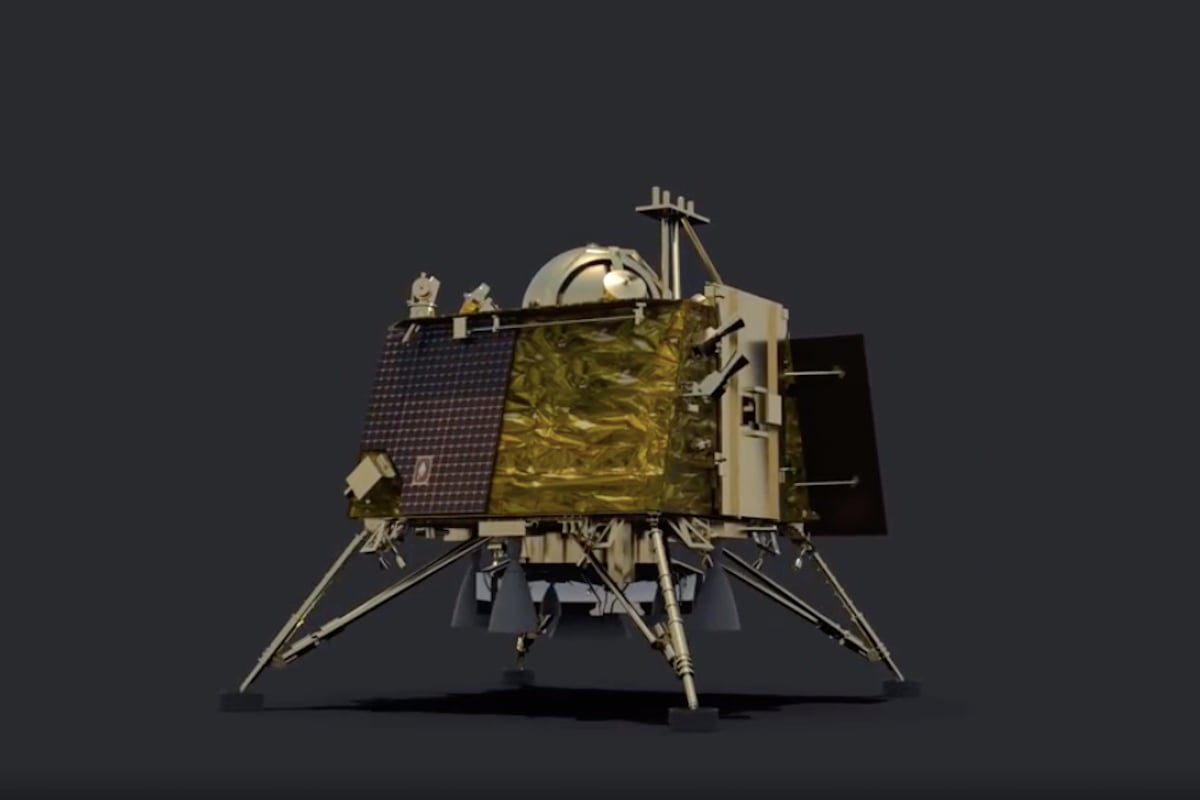Since neither you belong to this sector nor have any basic knowledge of it, what you are convinced of really doesn't matter (no offence intended).
Since your post is strictly a personal opinion without any stats or real arguments or knowledge, it doesn't matter either. It's like 13 years old FB experts who were making it ISRO vs DRDO on odd days.
Establishing a system while have to compete with existing competitors takes time to establish.
GAGAN wasn't good at that, nor completely indigenous and was succeeded by NAVIC which will be succeeded by GINSS.
Mapping and clouding will improve in between the process.
Strictly because of lockdown.
ISRO isn't a business organisation which will be bidding for space station business. That's the job of India's private spaceflight companies which are in their nascent stages.
If government of India has scheduled ISRO to build a satellite constellation for country, it wouldn't go for commercial launches.
Commercial launches anyway don't even generate value equivalent 1% of ISRO's government budget and are just done to showcase its capabilities.
All of the concepts were studied in 2000s and are actually in project forms.
Astrosat-1, 2, XPoSat (to be succeeded by INSIST space telescope and Indian lunar based telescope). Indian pace station is an active and official concept being displayed at exhibitions. That would need space docking trials first. Rovers, robotics and cargos don't even need elaborations and planetary habitats are a part of long term exploration.
Obviously anyone who thinks without a dozen of space stations and planetary bases, thinking about a habitat there is sane, is simply stupid.
Hunan spaceflight progarn started with testing capsules in 2006 to today having a mid-HLV, space module being tested, abort systems, space suits, androids and space food in 2021. It actually seems faster than Chinese (1960s) and Japanese (1980s) human spaceflight programs and only behind US and Soviet ones who were literally spending a large portion of GDP on space race.
Delays and scrubs are common in manned spaceflight since deaths bring national shame. ISRO's over it is just a new entry.
ISRO's annual report and VSSC always publish list of technologies and goals with timelines on annual basis.
A space agency supposed to explore outerspace and find its applications. It's goal are clear as a research medical university.
ISRO is a PSU and not a private company and government PSUs remain vary of deals. Especially with critical techs or precious services.
GSLV MkIII actually allows that. It's production is just not enough.
No they don't. Only few and spacefaring nations even have medium launch cap and ability to reach GTO and India is latest entry (2017) among them. Except of US (Delta IV) and EU (Ariane 5), rest don't have reliable heavy launchers or yet under development. Japanese ones (H2B) as underpowered engines and problematic nozzles and not even a real HLV as safe capacity nears medium launchers, Russian (Proton-M) and Chinese (CZ-5) are unreliable. With SCE-200 engine, Indian HLV will be there in 5-7 years. Then, we will see reliability factor.
The space agencies with launch systems have relations and support from a major government agency.
Just LOL. ISRO or any other PSU's factory would never be short of engineers in a country with world's largest pool of them. Commercial launches from ISRO anyway are going decline since new space policy restricts ISRO to research and private players for launch.
It rather reflects your lack of knowledge about any basic thing. Scientists don't research on every launch of rocket they have developed and certified.
ISRO's rockets and satellite parts are largely dependent upon small subcontracting factories and companies across India. Since factories are closed, ISRO isn't getting stuff. Case closed.




